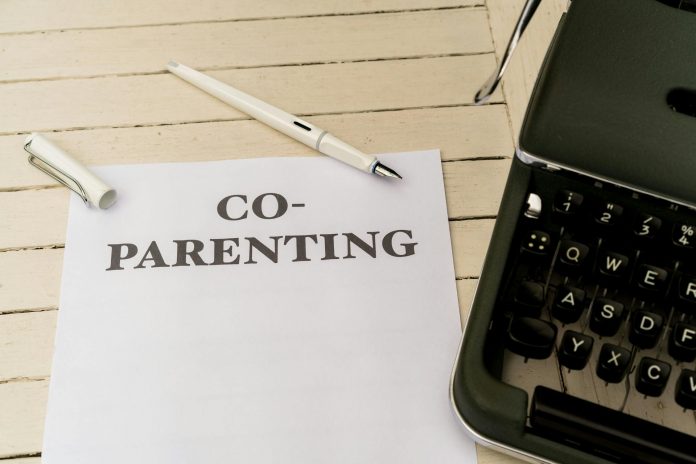
As a parent, your children’s needs and future always come first. When you’re part of a joint effort to raise that child together, it can still be a challenge to work together. As such, it’s only expected that there can be challenges when parenting with someone who isn’t your partner. Whether you’ve been through a relationship breakdown or there wasn’t much of a relationship to begin with, learning how to co-parent effectively is vital. Here are a few tips that can help.
Keep Communication Child-Centred
One of the biggest challenges parents have to deal with is dealing with the other parent if they’re not together. Things can get emotionally messy, especially after a divorce, so it’s important to keep communication clear and respectful. You might want ot treat things more like a professional exchange, staying focused on the child’s needs rather than issues with your past relationship. Avoid emotive language, blame, and taking the opportunity to vent while talking about logistics. Stick to facts: school events, doctor appointments, and pickup times, and hope the other is able to do the same.
Keep Your Schedule Consistent Yet Flexible
Routine is very important to a child’s life, so being consistent where you can is important. Outline clear days, times, and holiday rotations, and stick to them. This helps children feel secure and reduces last-minute stress for everyone. However, anticipate that life happens and that plans can change, so some room for flexibility, like trading days and communicating changes in advance, can be very important. A shared calendar with the other parent can help you both always be aware of the plans for the days and weeks ahead.
Consider A Parenting Agreement In Writing
If you want to make sure that things are kept consistent and reliable as best as possible, then a written parenting agreement can be very helpful. You can click here to see how a family lawyer can help you put together a legal document that fully outlines custody arrangements, decision-making authority, and even how disputes are solved within the arrangement. This can set clear boundaries and expectations, allowing you to focus as parents on fulfilling your roles without any misunderstandings or unintentional rule-breaking on either side. This agreement can be changed to reflect changes as your child grows, as well.
Avoid Making It A Competition
Co-parenting is not about having perfect control; it’s about cooperating for your child’s benefit. As such, you should always avoid trying to score a “win” against the other parent and never, ever use your child for leverage. Make sure that you’re grounding yourself by talking to your child, making sure that they feel safe, heard, and cared for. You should encourage them to maintain a strong relationship with their other parent, even when your own feelings may be a little more complicated by personal history. Successful co-parenting is about being emotionally mature enough to always put the child first.
There is only so much that you can do alone. Collaboration and cooperation are essential, and where that isn’t possible, you might need to look at more drastic legal action.
Collaborative post
















